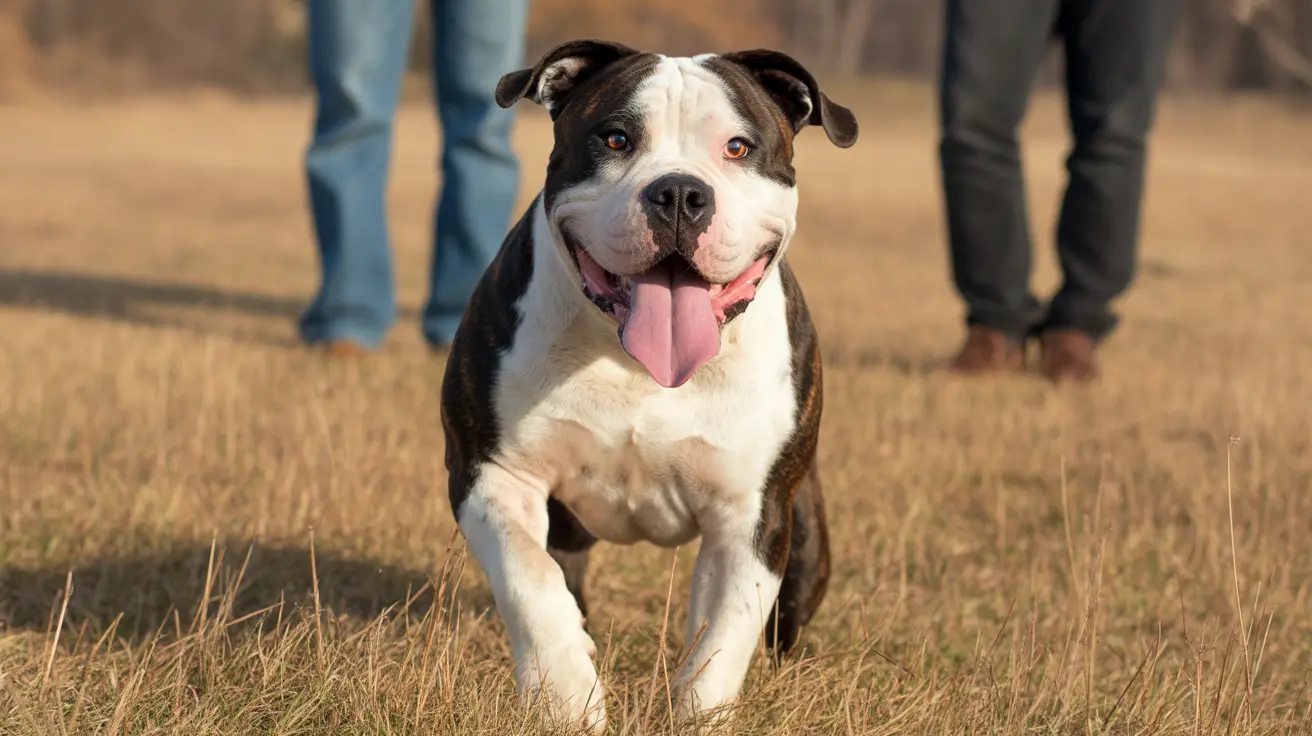If you've noticed your dog peeing more frequently than usual, you're not alone. Changes in urination patterns can be concerning for pet owners and may signal various underlying health issues that require attention. Understanding why your dog is experiencing frequent urination is crucial for their health and well-being.
Excessive urination in dogs, medically known as pollakiuria, can manifest as either increased frequency with normal volume or frequent urination in small amounts. This condition may be accompanied by other symptoms that can help determine the severity and underlying cause of the issue.
Common Medical Causes of Frequent Urination
Several medical conditions can cause your dog to pee more frequently than normal:
Urinary Tract Infections (UTIs)
UTIs are one of the most common causes of increased urination in dogs. These bacterial infections can cause discomfort and lead to frequent urination, often accompanied by straining or visible blood in the urine. Female dogs are particularly susceptible to UTIs due to their shorter urethras.
Bladder Stones and Crystals
Mineral deposits in the urinary tract can cause irritation and inflammation, leading to frequent urination attempts. Dogs may strain while urinating and produce only small amounts of urine. Some breeds are more prone to developing bladder stones, making regular veterinary check-ups essential.
Diabetes and Hormonal Conditions
Both diabetes mellitus and diabetes insipidus can cause excessive thirst (polydipsia) and increased urination (polyuria). Cushing's disease, another hormonal condition, may also lead to similar symptoms. These conditions typically require long-term management under veterinary supervision.
Behavioral Causes vs. Medical Issues
Not all cases of frequent urination stem from medical conditions. Sometimes, behavioral factors may be at play:
Marking Behavior
Intact males and some females may frequently urinate in small amounts to mark their territory. This behavior typically increases when there are other dogs in the vicinity or during times of stress.
Anxiety and Stress
Changes in routine, new environments, or anxiety can lead to increased urination frequency. Unlike medical causes, behavioral urination usually doesn't involve changes in urine appearance or volume.
When to Seek Emergency Care
Some urinary symptoms require immediate veterinary attention:
- Complete inability to urinate
- Visible blood in the urine
- Excessive straining with little to no urine production
- Signs of severe pain or distress during urination
- Sudden onset of excessive thirst and urination
Frequently Asked Questions
What are the common causes of excessive urination or frequent small-volume peeing in dogs?
Common causes include urinary tract infections, bladder stones, diabetes, hormonal conditions like Cushing's disease, and kidney problems. Behavioral causes such as marking territory or anxiety can also lead to increased urination frequency.
How can I tell if my dog's frequent urination is due to a urinary tract infection or a more serious condition?
UTIs typically involve straining, possible blood in urine, and discomfort during urination. More serious conditions often present with additional symptoms like excessive thirst, changes in appetite, or lethargy. A veterinary examination is necessary for proper diagnosis.
When should I consider my dog's frequent urination an emergency requiring immediate veterinary care?
Seek immediate care if your dog cannot urinate, shows signs of severe pain, has bloody urine, or exhibits complete urinary blockage. These symptoms can indicate life-threatening conditions requiring urgent medical attention.
What treatments are typically used for dogs diagnosed with urinary tract infections or bladder stones causing frequent urination?
UTIs are typically treated with antibiotics, while bladder stones may require special diets, medications, or surgery depending on their composition and severity. The specific treatment plan will be determined by your veterinarian based on the underlying cause.
How can I differentiate between behavioral causes and medical issues when my dog is peeing more often than usual?
Behavioral causes typically don't involve changes in urine appearance or volume and may be situation-dependent. Medical issues often present with additional symptoms like changes in urine color, increased thirst, or discomfort during urination. When in doubt, consult your veterinarian for proper diagnosis.
Remember, any significant change in your dog's urination habits warrants attention. While some causes may be benign, others require prompt medical intervention. Regular veterinary check-ups and monitoring your dog's urination patterns can help catch potential issues early and ensure proper treatment.






